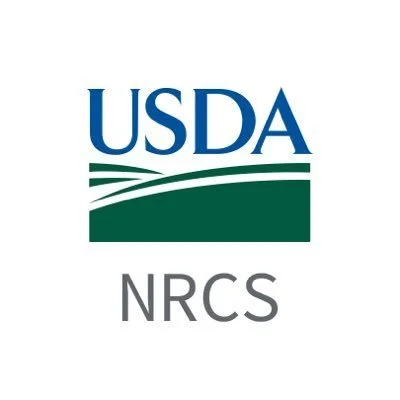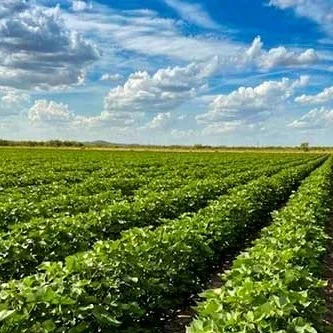The U.S. Department of Agriculture (USDA) announced loan interest rates for May 2022, which are effective May 2, 2022. USDA’s Farm Service Agency (FSA) loans provide important access to capital to help agricultural producers start or expand their farming operation, purchase equipment and storage structures or meet cash flow needs.
Read MoreThe deadline for partners to apply for the first round of funding through the new Partnerships for Climate-Smart Commodities is Friday, May 6, 2022, at 11:59 p.m. Eastern Time.
Read MoreThis Secretarial natural disaster designation allows the United States Department of Agriculture (USDA) Farm Service Agency (FSA) to extend much-needed emergency credit to producers recovering from natural disasters through emergency loans.
Read MoreThe USDA has imposed sanctions on five produce businesses for failing to meet contractual obligations to the sellers of produce they purchased and failing to pay reparation awards issued under the Perishable Agricultural Commodities Act (PACA).
Read MoreLouisiana milk production during the January - March 2022 quarter was 33.0 million pounds, down 13 percent from the same period in 2021 but up 18 percent from the October - December 2021 quarter.
Read MoreThe U.S. Department of Agriculture (USDA) is welcoming new and modified proposals from conservation partners for the State Acres for Wildlife Enhancement (SAFE) initiative, a part of the Conservation Reserve Program (CRP) focused on effectively managing wildlife habitat.
Read MoreThe U.S. Department of Agriculture’s (USDA) Commodity Credit Corporation today announced the 2022 crop loan rate differentials for upland and extra-long staple cotton which are applied to the crop loan rate to determine the per bale actual loan rate.
Read MoreUSDA’s Forest Service and Natural Resources Conservation Service signed a Shared Stewardship Agreement with the State of Louisiana at a ceremony in Baton Rouge.
Read MoreDue to the persistent drought conditions in the Great Plains and West, the U.S. Department of Agriculture (USDA) is offering additional relief through the Emergency Assistance for Livestock, Honeybees and Farm-raised Fish Program (ELAP) to help ranchers cover above normal costs of hauling livestock to forage or other grazing acres. This policy enhancement complements previously announced ELAP compensation for hauling feed to livestock. ELAP livestock and feed hauling assistance is retroactive for 2021 and will be available for losses in 2022 and subsequent years.
Read MoreThe Agricultural Policy and Market Situation Newsletter (Volume V, Issue 1) contains a summary of agricultural policy happenings from the recent quarter (January 1st through March 31st).
Read MoreGovernor John Bel Edwards took part in a signing ceremony Wednesday for a Shared Stewardship Agreement between the U.S. Department of Agriculture and the state.
The agreement establishes a framework for federal and state agencies to collaborate more, focus on mutual goals, further common interests and effectively respond to increasing ecological challenges and natural resource concerns, according to the governor’s office.
Read MoreThe U.S. Department of Agriculture (USDA) today announced it will establish a Rural Community Economic Development (RCED) Subcommittee as part of the recently launched Equity Commission. Nominations and applications for membership to the RCED Subcommittee are due on May 6.
Read MoreUnited States Secretary of Agriculture Tom Vilsack and Mexico Secretary of Agriculture and Rural Development Victor Villalobos met this week to continue cooperation on shared priorities including open trade, science-based policy making, and sustainable and climate-smart agricultural production.
Read MoreIt’s not that the conservation programs in Title 2 of the Agriculture Improvement Act of 2018 aren’t working, according to Dr. Joe Outlaw, co-director of Texas A&M University’s Agricultural and Food Policy Center.
Read MoreThe U.S. Department of Agriculture (USDA) is announcing the signup period for its Clean Lakes, Estuaries, And Rivers initiative (CLEAR30) — a nationwide opportunity for certain landowners and agricultural producers currently implementing water quality practices through the Conservation Reserve Program (CRP) to enroll in 30-year contracts, extending the lifespan and strengthening the benefits of important water quality practices on their land.
Read More












